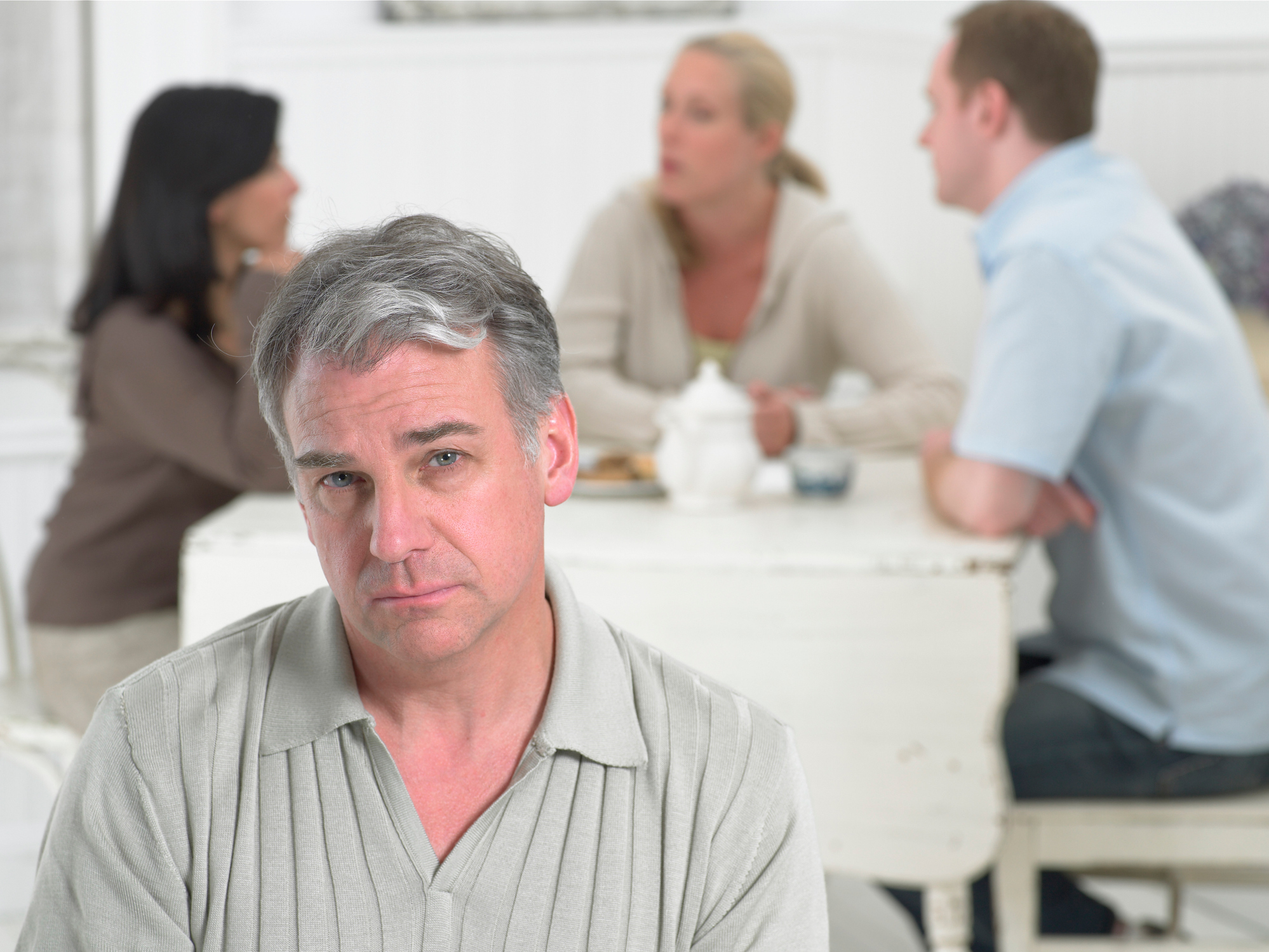Get Easy Health Digest™ in your inbox and don’t miss a thing when you subscribe today. Plus, get the free bonus report, Mother Nature’s Tips, Tricks and Remedies for Cholesterol, Blood Pressure & Blood Sugar as my way of saying welcome to the community!
Feeling down? Get your hearing checked

If you or a loved one have experienced any degree of hearing loss, at any age, you know that it’s not just about losing your hearing.
Unless you’ve experienced it, it’s hard to imagine what it must be like to have your world grow more and more silent.
It shouldn’t be surprising, then, that losing one’s hearing has emotional effects as well.
A large body of research proves this. In children, adolescents, and especially in older adults, hearing loss and depression often go hand in hand.
I’m not yet 70 but have already noticed that I sometimes need people to repeat things for me. And recent research is making me pay closer attention to this.
According to the author of a new study on the subject, “Most people over age 70 have at least mild hearing loss, yet relatively few are diagnosed, much less treated, for this condition.”
While some degree of hearing loss may be inevitable, the depression that often goes with it can be avoided.
Research links hearing loss and depression
A new study found that elderly people with age-related hearing loss had more symptoms of depression.
Doctors at the Columbia University College of Physicians and Surgeons analyzed data from 5,239 individuals over age 50. The data included results of an audiometric hearing test (to assess hearing loss) and screening for depression.
People with mild hearing loss were almost twice as likely to have clinical symptoms of depression than those with normal hearing. Those with severe hearing loss had more than four times the chance of being depressed.
Related: 4 supplements to prevent hearing loss
Why hearing loss can lead to depression
When you think about it, it really makes sense that losing one’s hearing, even gradually, can lead to feeling depressed.
For one thing, the fatigue of working so much harder to hear and understand people can be physically exhausting, making depression more likely.
But other things come into play as well. Things like:
- Communication. People with hearing loss have a harder time participating in conversations at home, at work and socially.
- Social interaction. When you can’t hear well, you may tend to avoid situations like family gatherings, parties or nights out, to avoid embarrassment and the constant struggle to keep up. This can become a pattern of isolation and loneliness.
- Family relationships. Family members can become frustrated or sad around someone with a hearing loss that hasn’t been acknowledged or treated. And the person with the hearing loss will have trouble communicating their own needs and feelings in response.
- When you can’t hear well at a meeting, or on the phone, or keep up with conversations at lunch, it can wear on you. One survey found that the household income of someone with an untreated hearing loss can drop by as much as $12,000 annually.
According to a national survey by the Better Hearing Institute, income declines as hearing gets worse.
But here’s the important thing: that loss of income is cut in half when the hearing loss is diagnosed and hearing aids are used.
The survey showed that income did indeed decline as a person’s hearing loss went from “mild” to “profound.” But that income loss was about $10,200 for those using hearing aids, compared to $20,300 for those getting no assistance with their hearing.
Don’t ignore hearing difficulties
The moral of the story is this:
If you think your hearing is getting worse, don’t put your head in the sand and ignore it.
Don’t worry about stigma, or looking old. See a qualified hearing specialist and get tested.
If you do indeed have the beginnings of hearing loss, talk about the options. Using hearing aids or other devices now will help you avoid depression and isolation later.
Editor’s note: Have you heard of EDTA chelation therapy? It was developed originally to remove lead and other contaminants, including heavy metals, from the body. Its uses now run the gamut from varicose veins to circulation. Click here to discover Chelation: Natural Miracle for Protecting Your Heart and Enhancing Your Health!
Sources:
- To head off late-life depression, check your hearing — EurekaAlert!
- Sensation and Psychiatry: Linking Age-Related Hearing Loss to Late-Life Depression and Cognitive Decline — American Journal of Psychiatry
- Depression and Individuals with Hearing Loss: A Systematic Review — Journal of Psychology & Psychotherapy
- The Impact of Untreated Hearing Loss on Household Income — Better Hearing Institute
- Emotional effects of untreated hearing loss — Healthy Hearing













